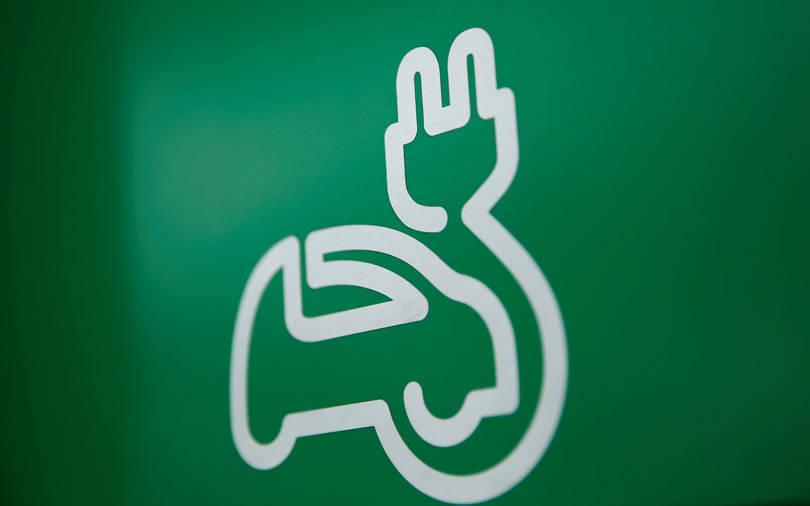JSW Energy Ltd has brought down the curtains on its dreams to roll out its first electric vehicle by 2020, one-and-half years after it had announced plans to enter the market by investing millions of dollars.
The company, which is part of the JSW Group, on Friday said in a filing to the stock exchanges that it has decided not to pursue the electric vehicles business because of the higher-than-anticipated uncertainties associated with it.
JSW Energy instead intends to maintain a capital cushion for growth opportunities in power and other related businesses, it added.
Earlier in August 2017, JSW Energy chief executive Prashant Jain had said the company will invest up to $623 million to build electric cars, batteries and charging infrastructure to diversify the power company's business. The first electric car was expected to roll out by 2020 from JSW Energy’s stable that would have made it the first non-automotive entity in the country to enter this business.
The decision is abrupt as JSW Energy’s electric business plan was still alive as early as this January when Sajjan Jindal, chairman, JSW Group, had said that the company will invest in the electric vehicles business, CNBC-TV18 reported.
In 2015, Niti Aayog, India’s policy think tank, had announced a 15-year roadmap to electrify all new vehicles by 2030 that triggered a rush of excitement and investment in the space.
Just earlier this month, Ola’s electric mobility arm raised Rs 400 crore ($56 million at current exchange rates) from the ride-hailing unicorn’s existing investors including New York-based hedge fund Tiger Global Management and venture capital firm Matrix Partners India.
It had earlier even tied up with Mahindra & Mahindra, which is the largest manufacturer of electric vehicles in the country, to run a pilot project in Nagpur.
Rival cab aggregator Uber had also decided to adopt electric vehicles and had partnered with Mahindra and Mahindra to run a test trial on its platform in India.
Earlier this month, Mahindra ventured into the shared mobility space independently by launching an electric vehicles-based ride-hailing service called Glyd, first in Mumbai.
In a boost for the sector, the Indian government last month also approved a $1.4-billion programme, called Faster Adoption and Manufacturing of Hybrid and Electric Vehicles (FAME), to subsidise sales of electric and hybrid vehicles as it looks to control pollution and reduce dependency on fossil fuels.
Still, the growth of electric vehicles is expected to face challenges due to high cost of batteries and paucity of charging points. According to the Society of Manufacturers of Electric Vehicles (SMEV), total electric vehicle sales in India in the last fiscal ended 31 March 2018 grew to 56,000 units from 25,000 in the previous fiscal, largely driven by electric two-wheeler sales. Electric four-wheelers saw a fall to 1,200 units during the period from 2,000.






